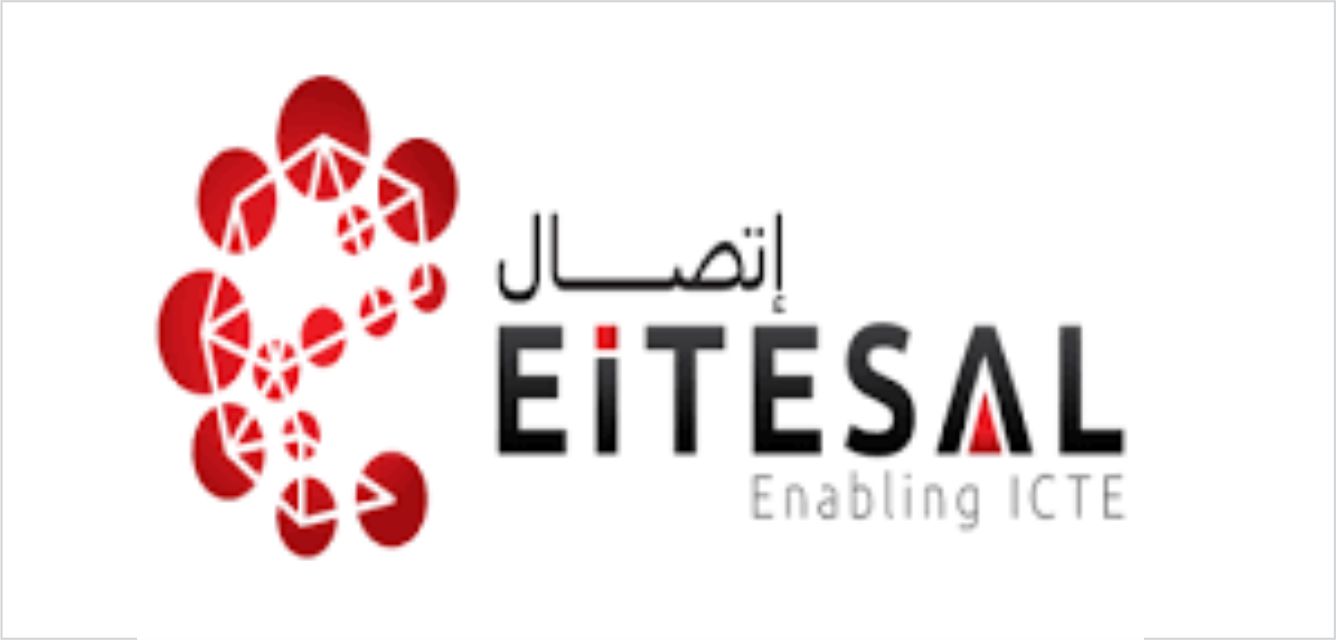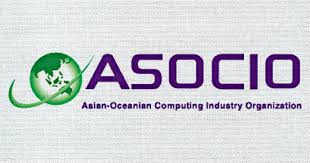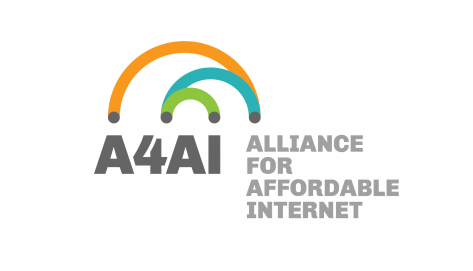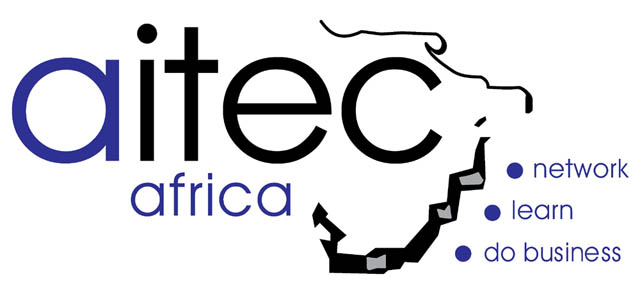Theme: E-Waste Management - Realizing a Circular Economy and Climatic Sanity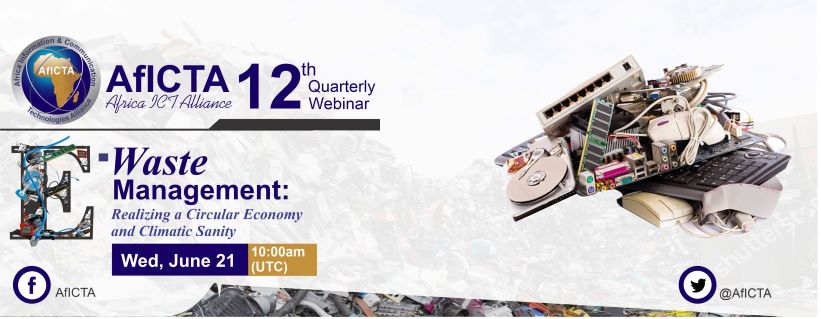

Concept Note:
The threat posed by Electrical and Electronic Equipment (EEE) Waste, or e-Waste to our environment, survivability of nature, and human beings is becoming alarming even as human beings increasingly adopt technologies as solutions in their various aspects of life. The more the adoption, the increase in the waste thereof yet without the proper arrangement for its recycling or disposal. According to the United Nations International Communication Units (UNITU), a record of 53.6 million metric tonnes (mt) of e-waste was disposed of in 2019, and only 17.45 million (mt) are formally reused and recycled, leaving the environment with the consequences and damaging effect of the rest of the figure.
The heart-troubling discovery, according to research, shows that with increasing economic activities in developing countries, the amount of e-waste disposed is estimated to reach 74 million mt by 2030. Hence, the need to have a solid policy plan and implementation to properly manage e-Waste and disarm the ticking time bomb should be prioritized. According to Wikipedia, e-Waste is illegally brought into African states every year. A minimum of 250,000 metric tons of e-waste comes into the continent, and according to the Swiss Federal Laboratories for Materials Science and Technology, the majority of it enters from Europe. Developed countries commodify underdeveloped African states as dumping grounds for their e-waste, and due to poor regulations and a lack of enforcement institutions, illegal dumping is promoted.
Aside from banning or regulating indiscriminate dumping of e-Waste, another aspect to venture into for prosperity and improvement of people's living standards is the recycling of those wastes domiciling with us "Circular Economy". Circular Economy is a business model that turns goods that are at the end of their service life into resources for others, closing loops in industrial ecosystems and minimizing waste. Economically, e-waste can carry high-value materials which can lead to financial opportunity for some African states. E-waste materials sourced from Africa amounted to $3.2 billion US dollars in 2019, therefore making trading and repairing them economic pursuits for poorer individuals.
Other benefits of the circular economy include; the Mitigation of Land Degradation, Promotion of Natural Resources Conservation, helping to Reduce Greenhouse Gases, reduction of the negative impact of manufacturing on the environment, reduction of raw material dependence, Jobs creation, and many others. However, handling e-waste without adequate equipment and knowledge will result in more environmental pollution, degradation, and human health risks as many of their constituents are toxic to life.




















